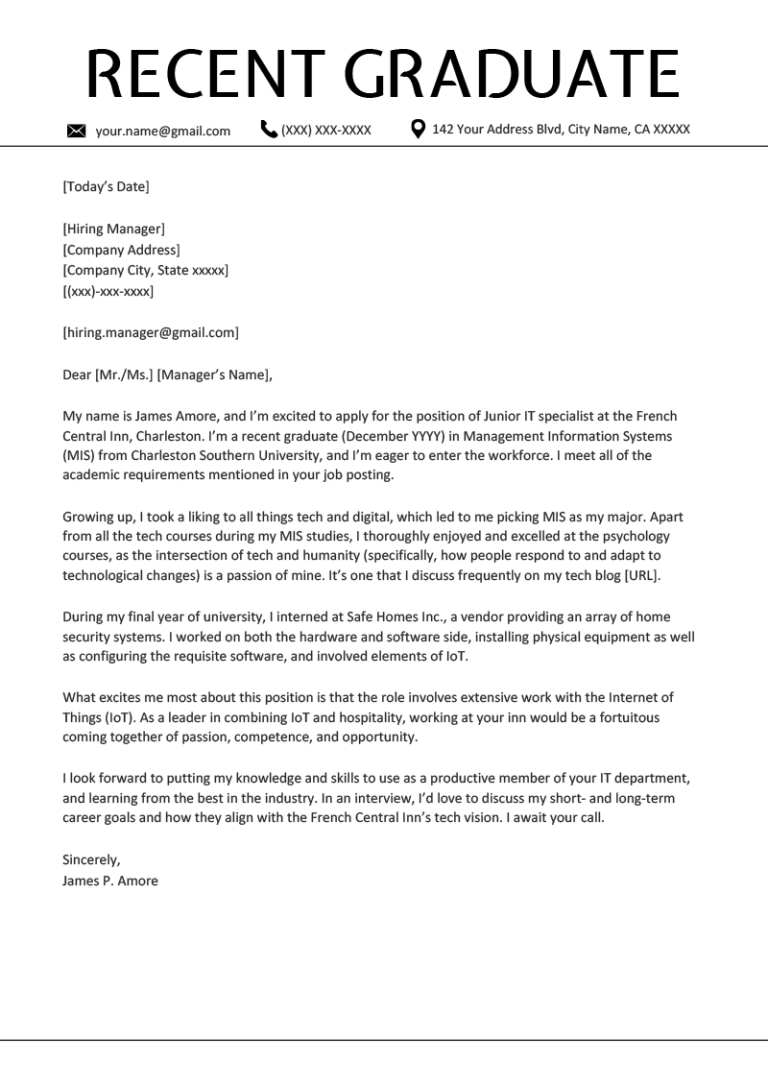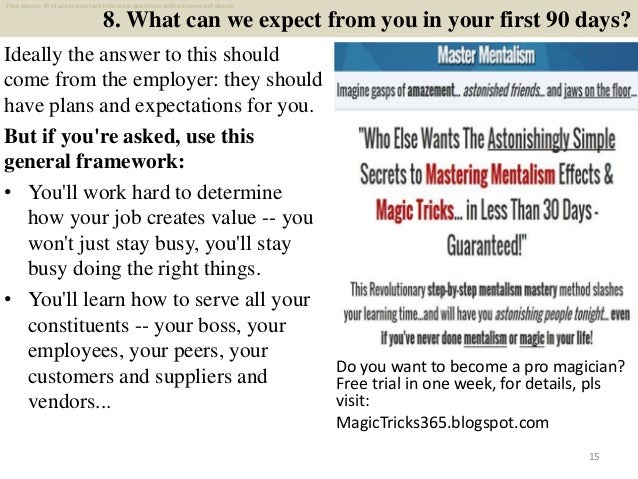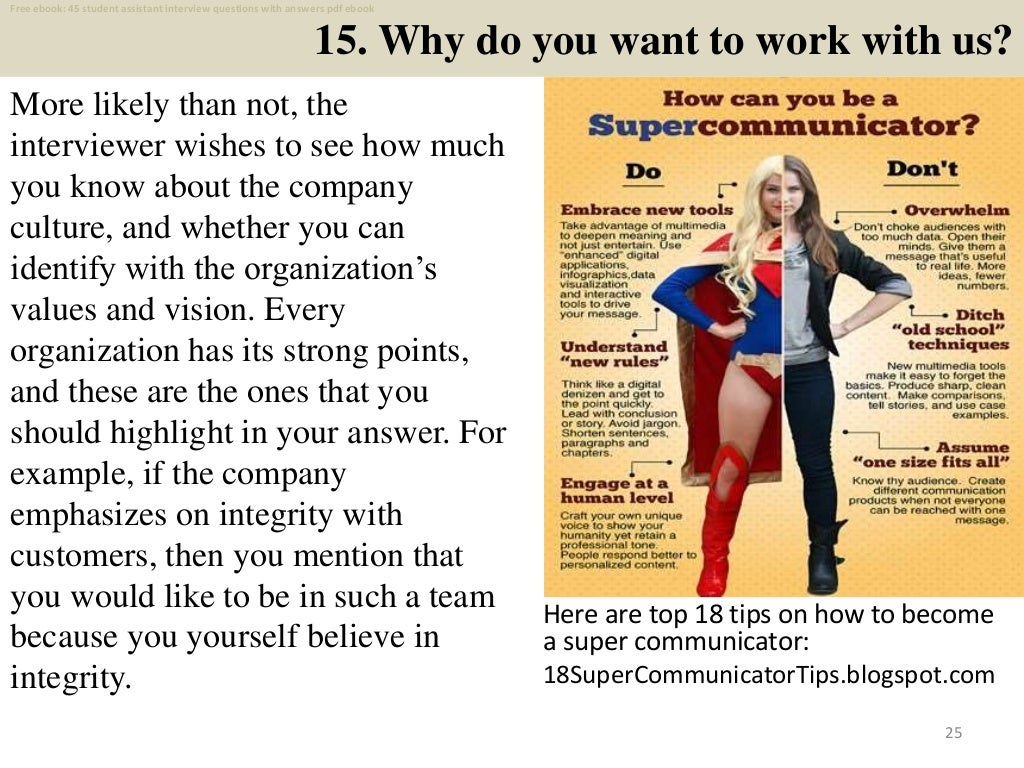

What is your greatest strength? What is your greatest weakness?.What do you know about our organization or company?.Why are you interested in this position?.Questions during an interview Common questions Skills: Your top skills or strengths you bring to the role.


Academic: Your academic interests and how your education or training relates to the position.Personal: Who you are and why you’re interested in this position.Your response should be brief but thoughtful. Request a moment to think about your response before answering.Įmployers often begin an interview by asking you to say something about yourself.Seek clarification if you are unsure what the interviewer is asking.If they stop writing notes and look ready to move on, finish your point quickly. Monitor the body language of the interviewer(s).Be mindful of the messages you send with your body language (e.g., hand gestures, slouching, fidgeting).Greet the interviewer(s) warmly with eye contact, smile, and introduce yourself.In general, dress one step up from what the organization’s employees wear on a typical day when in doubt, dress more formally. Arriving too early can be bothersome to employers, who may have other interviews and appointments before you, and waiting too long can increase your nervousness. Double-check the location and map your route via public transit or figure out where to park before the interview.Īrrive 5 to 10 minutes before the start of your interview. Plan your route to the interview beforehand. In some cases, you may wish to bring a tablet or laptop to show your digital portfolio in person. You may want to bring a pen and notebook to jot down any important notes. Plan aheadīring extra copies of your resume and have a list of your references on a separate sheet of paper ready to hand over. It can help if you research potential questions online and note down sample responses or examples from your past experiences. Practice your responses to typical interview questions with a friend or family member to get comfortable telling your stories and answering questions about your experiences. Interviewing is a learned skill that can be improved with practice. Make sure you also prepare questions about the organization, role, or team culture to ask during the interview.

Researching the company or organization will help you gain a better understanding of who they are and what they do. Review the company website and social media pages to equip yourself with an understanding of current goals or priorities. Prepare stories and responses to address these concerns. Review the position description and highlight specific skills or personal qualities that the employer mentions. It is important that you understand what the role is like, in addition to company values and the work you will be doing. Before the interview First, do your research Smile when speaking into the phone to help convey enthusiasm through your voice.ĭress professionally as you would for an in-person interview to put yourself in an interview frame of mind. Verbal communication skills are especially important in this format because the employer can’t see your facial expressions or gestures. Phone or video interviews are typically used to pre-screen candidates, but they can also be used when interviews take place in other locations.


 0 kommentar(er)
0 kommentar(er)
